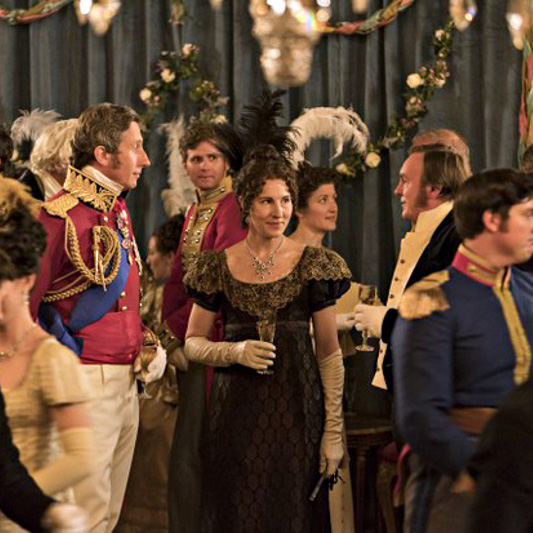Television is a glutton. Give it a hit and it wants more and more of the same until it makes itself sick. So when, almost a decade ago, Downton Abbey came along and showed that a soapy period drama could command a global audience, TV wanted more of it.
It got six series and was followed by a stream of fast-paced period pieces, including Victoria, the rebooted Upstairs Downstairs, Poldark and Outlander. The man who created Downton, Julian Fellowes, went off to write a novel. Called Belgravia and published in 2016, it was about the birth in the early 19th century of the stucco-fronted “city of the rich”, built by the Cubitt brothers in what was then marshland southwest of Mayfair.

